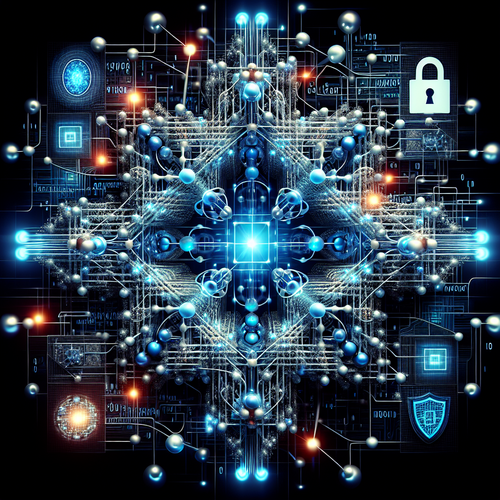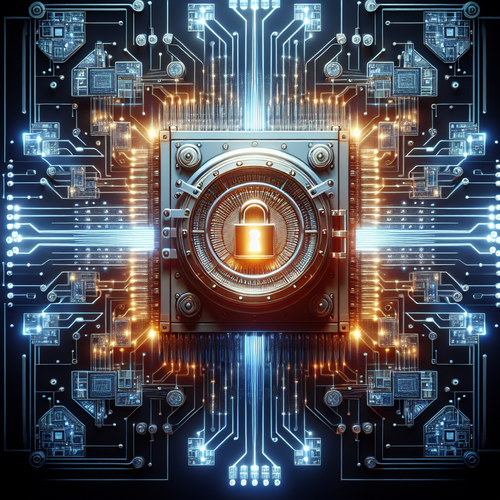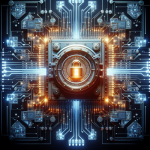
The Impact of Quantum Computing on Cybersecurity
The Impact of Quantum Computing on Cybersecurity
Quantum computing is poised to transform various fields, and cybersecurity is no exception. As quantum technologies mature, they stand to offer unprecedented computational power, posing both significant threats and innovative solutions for data protection.
Understanding Quantum Computing
Unlike classical computers that use bits as the smallest unit of data (0s and 1s), quantum computers use quantum bits or qubits. These qubits can exist in multiple states simultaneously due to the principle of superposition. Additionally, entanglement allows qubits that are entangled to be dependent on each other, regardless of the distance separating them.
The Power of Quantum Computing
- Speed: Quantum computers can perform complex calculations at incredible speeds, far exceeding the capabilities of classical computers.
- Parallelism: They can process a vast number of possibilities at once, making them exceptionally efficient for tasks like factoring large numbers.
Threats to Current Cryptographic Systems
One of the most immediate concerns surrounding quantum computing is its potential to undermine current encryption methods:
- Breaking RSA Encryption: The RSA algorithm, widely used for securing sensitive data, relies on the difficulty of factoring large integers. Quantum computers can execute Shor’s algorithm, which efficiently factors these integers, rendering RSA ineffective.
- Impact on Symmetric Encryption: While symmetric encryption (like AES) is more resilient to quantum attacks, its security still weakens as the power of quantum computers increases. A quantum computer could potentially halve the key length required for security.
The Rise of Quantum-Safe Cryptography
As the cybersecurity landscape evolves, the need for quantum-safe cryptographic methods has become imperative. These new algorithms are being developed to withstand potential quantum attacks and include:
- Post-Quantum Cryptography: Efforts are underway to create algorithms that will remain secure against quantum threats, utilizing mathematical problems that are currently believed to be hard for quantum computers to solve.
- Quantum Key Distribution (QKD): Emphasizing security, QKD uses quantum mechanics to securely distribute encryption keys. It ensures that any eavesdropping attempts will be detectable by the communicating parties.
Preparing for the Quantum Future
Organizations must begin to assess and enhance their cybersecurity strategies in light of quantum advancements. Here are steps to consider:
- Evaluate Current Cryptography: Businesses should analyze their current encryption methods and prepare for transitioning to quantum-safe alternatives.
- Invest in Research and Development: Supporting initiatives aimed at developing quantum-safe landscapes will be crucial for long-term security.
- Stay Informed: Ongoing education and awareness about emerging quantum technologies and associated risks will be vital in navigating this new paradigm.
Conclusion
The impending arrival of quantum computing represents both a challenge and an opportunity for the field of cybersecurity. As organizations brace for the potential upheaval of conventional security paradigms, it is critical to adopt proactive measures now. For those interested in further exploring cybersecurity innovations, check out our post on The Rise of AI-Driven Cybersecurity Solutions. Embracing quantum-safe solutions today can safeguard a more secure digital landscape tomorrow.













